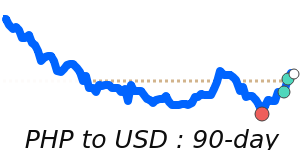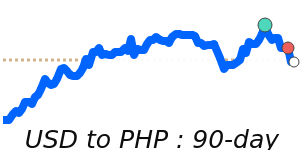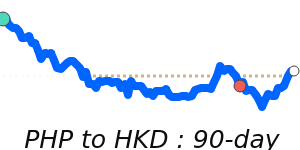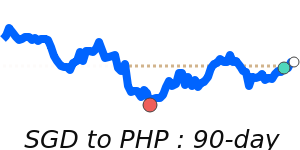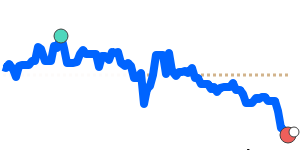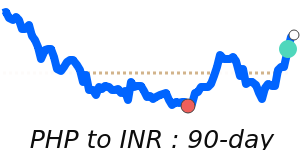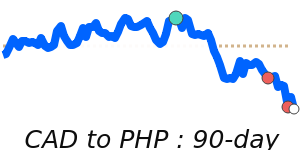Outlook
The peso is likely to remain under pressure in 2026 as domestic growth slows and external factors constrain inflows. The BSP says exchange rates are market-driven, with robust reserves and interventions focused on dampening inflation rather than smoothing daily moves. Forecasters point to limited upside for the peso: ANZ notes weak growth and a smaller 2026 infrastructure budget; MUFG sees the currency ending 2025 weaker as inflation falls and infrastructure inflows rise, with two more BSP rate cuts to 4.25% by Q2 2026; ING flags a $5 billion 2025 balance of payments deficit and downside risk from proposed US BPO legislation.
Key drivers
- BSP stance and reserves (the central bank emphasizes market-determined rates and uses interventions mainly to curb inflation; reserves remain robust).
- Forecasts shaping momentum: ANZ sees limited peso strength due to weak growth and a smaller infrastructure budget; MUFG anticipates gradual depreciation with policy easing; ING flags external drag from the balance of payments deficit and risks from U.S. BPO legislation.
- Near-term price action and ranges: PHP/USD has printed 7-day highs near 0.016848, about 0.7% below the 3-month average of 0.016968, and traded in a narrow 1.9% range from 0.016796 to 0.017107. PHP/EUR sits near 90-day lows at 0.014367, 1.4% below the 3-month average, in a stable 3.4% range from 0.014367 to 0.014850. PHP/GBP at 0.012537 is 1.7% below the 3-month average of 0.012749, in a relatively tight 4.9% range from 0.012483 to 0.013095. PHP/JPY at 2.6648 is 0.8% above the 3-month average of 2.6436, with a range from 2.5734 to 2.6928.
Range
PHP to USD: 0.016796–0.017107
PHP to EUR: 0.014367–0.014850
PHP to GBP: 0.012483–0.013095
PHP to JPY: 2.5734–2.6928
What could change it
- A stronger-than-expected improvement in Philippine growth or faster realization of infrastructure projects, improving FX inflows and sentiment for the peso.
- A surprise shift in BSP policy (earlier or sharper cuts, or a different inflation path) that alters interest-rate differentials and capital flows.
- A clearer improvement in the balance of payments or larger foreign investment inflows, including energy and infrastructure funding.
- Changes in external risks, notably a reversal in the US BPO legislation outlook, or a broader shift in global risk appetite that affects EM currencies.
- Significant changes in external financing conditions, such as a sharper tightening or easing cycle in major economies, which would influence USD strength and PHP sentiment.
